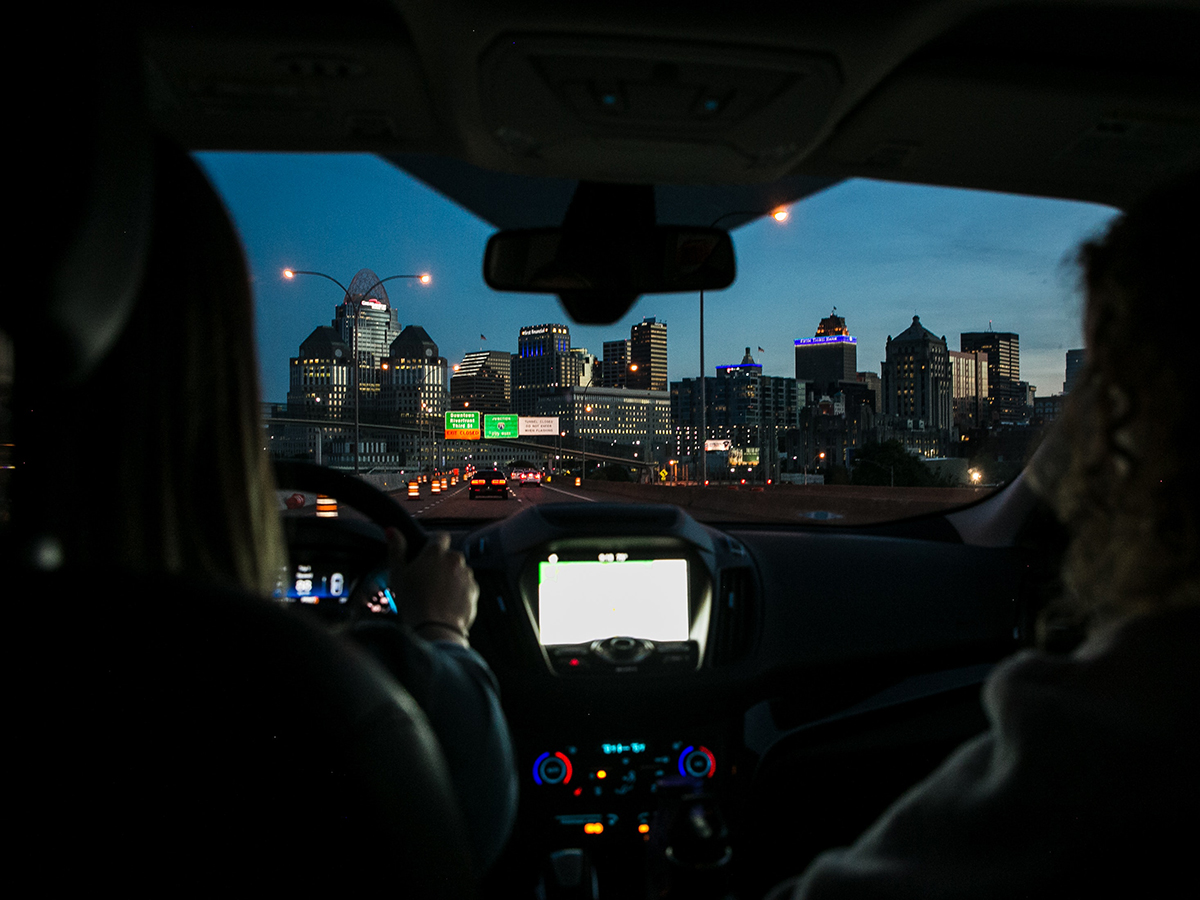
In 2019, the California legislature passed Assembly Bill 5, a landmark labor law that would extend employee protections to contract workers in order to provide them with benefits like minimum wage, holiday and sick pay and healthcare. Only a year later, app-based companies undermined this law and ensured that millions of workers will continue to endure poor working conditions and a dreadful lack of labor rights. Proposition 22 “classifies app-based drivers as ‘independent contractors,’ instead of ‘employees,’” as such, it exempts companies like Uber, Lyft, Instacart and DoorDash from providing employee benefits to certain drivers. To the delight of these companies, who spent over $200 million in an incessant advertising campaign, 58% of voters said yes. The passage of this ballot measure is a reminder of how, even in a state as seemingly progressive as California, big money still wins elections, regardless of how badly it truly affects residents.
“If drivers are forced to become employees, 90% of app-based jobs could disappear. And the jobs that are left will not have the flexibility you need,” warns one of the many commercial ads that inundated social media spaces and television. Users and drivers alike were forced to click through messages on the apps detailing how failure to pass this proposition would result in job loss or higher prices and longer wait times for customers. In 63 seconds, the commercial manages to scare the viewer and empathize with the so-called “vast majority of drivers who want to remain independent contractors;” months before, the companies even threatened to cease services in California if forced to classify their drivers as employees, and subsequently, provide them benefits. If these companies really are invested in the well-being of their employees, then why threaten to leave them jobless at the drop of a hat just because a piece of legislation did not go their way? In reality, these companies are more afraid of the loss that they would accrue from AB5 than they are for their workers. That’s why they used a combination of scare tactics and nonstop advertising to push millions of Californians to vote “yes” on a proposition that will exploit drivers and ultimately contribute to a gig economy — a system that only profits the leaders of big business.
This was visible immediately after the news that Proposition 22 had passed — Uber’s stock rose nearly 15% on Wednesday, Nov. 4, at an all-time high for the past year, while Lyft closed up 11%. It is strikingly obvious that the real winners of the proposition are not the drivers. I’ve been on the passenger side of ordinary people, old and young, of every ethnicity, but would be hard-pressed to remember the time I rode alongside a multimillionaire. And that is what each one of these CEOs are: Lyft CEO Logan Green’s stake is valued at $700 million, Uber CEO Travis Kalanick’s net worth is a reported $2.7 billion and Tony Xu, CEO of DoorDash, now has a business valued at $13 billion. With Proposition 22 in place, drivers will have no way of building sustainable wealth on these apps; they are unable to choose their clients or set their rates and are promised roughly $6 an hour for their work — horribly below minimum wage. Their actions are even more disgusting when it’s evident how completely hypocritical they are: Lyft and Uber ran ads with progressive sentiments, like billboards denouncing racism, when the majority of the affected workforce is Black and brown and 56% are immigrants.
Worse yet, these companies are now touting their victory and planning to ensure that similar legislation passes all around the country. This passage will protect them from future regulations and has now created the legal framework they need to support their business model and maximize profits for the people at the top. People at the bottom around America now have to fear laws that will ensure that they do not receive proper minimum wage or basic labor rights. If Uber, Lyft, DoorDash and Instacart are to save face, they need to deliver on their promises to give drivers healthcare, minimum wage and other benefits that they now lack. But considering their shoddy morals, it is doubtful they will. With this in mind, organizers and the new administration must then unite to avoid similar legislation from passing and instead advocate for federal laws that mimic AB5. It will be difficult to fight against companies with such grandiose budgets, but it is a worthwhile fight.







